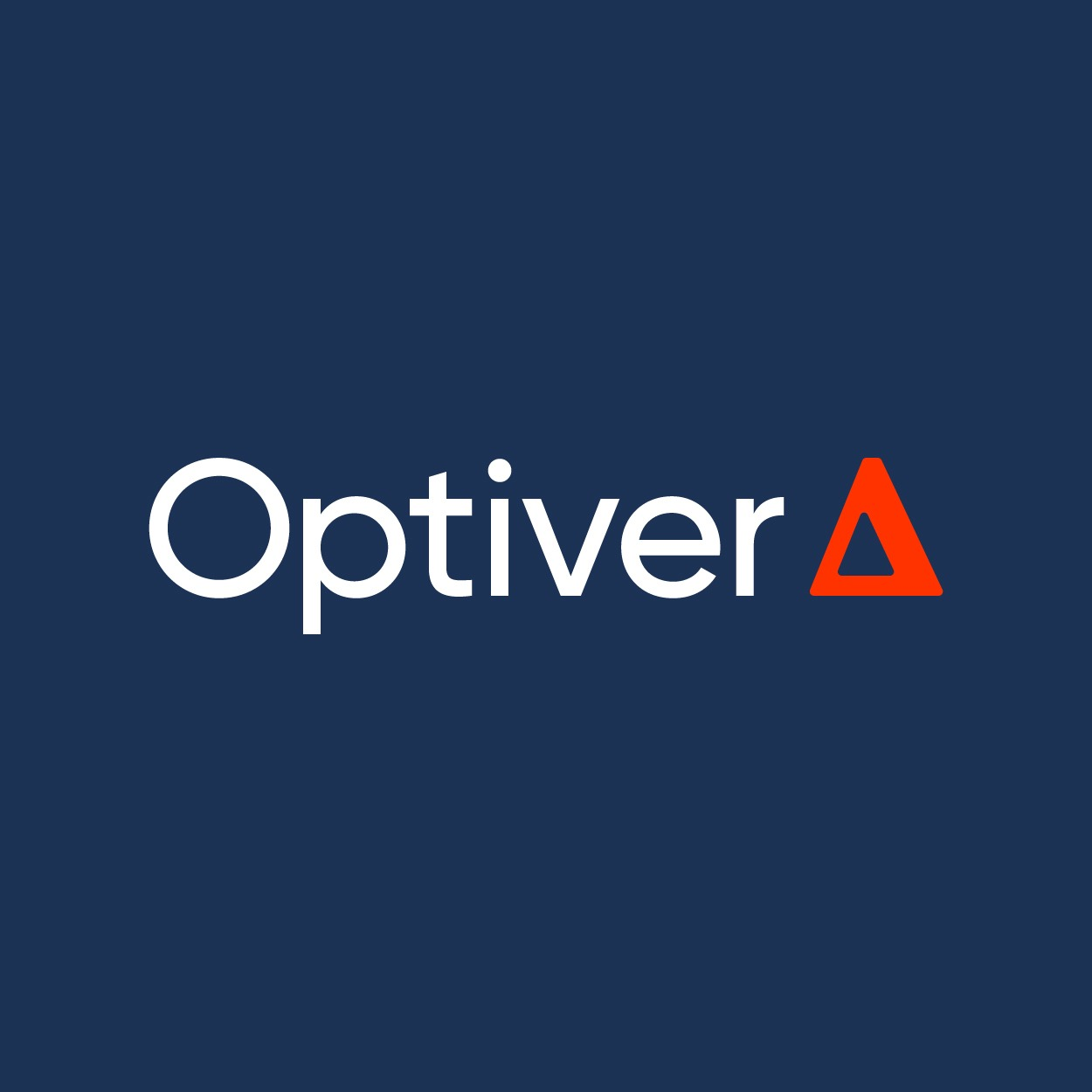
Optiver
Lion Trainer
Question Metadata
- Interview Type
- technical
- Company
- Optiver
- Last Seen
- Within the last month
- Confidence Level
- High Confidence
- Access Status
- Requires purchase
Purchase access to view the full interview question
Assessment Rubric Overview for "Lion Trainer" Interview Question
The "Lion Trainer" problem is designed to evaluate a candidate's proficiency in object-oriented programming, algorithm design, and system modeling within a real-world context. Optiver's interview process emphasizes practical problem-solving, clear communication, and adaptability, aligning with the nature of this question.
Core Competencies and Skills Evaluated:
-
Object-Oriented Design: Candidates should demonstrate the ability to design and implement classes that accurately represent entities and their interactions, as exemplified by the
LionCompetitionclass. -
Algorithmic Thinking: The problem requires efficient algorithms to manage dynamic data (lions entering and leaving the room) and to compute the largest lions in real-time, necessitating a solid understanding of data structures and algorithm optimization.
-
System Modeling: The task involves simulating a real-world scenario, assessing the candidate's ability to model complex systems and manage state changes over time.
Behavioral Traits and Problem-Solving Approaches Assessed:
-
Analytical Thinking: Interviewers will assess how candidates break down complex problems into manageable components and develop logical solutions.
-
Adaptability: The dynamic nature of the problem tests the candidate's ability to adapt to changing conditions and requirements.
-
Communication Skills: Clear articulation of thought processes, design decisions, and problem-solving strategies is crucial.
Assessment Process Expectations:
Optiver's interview process is collaborative and reflective of real-world challenges. Candidates can expect:
-
Technical Discussions: Engaging in problem-solving conversations that mirror team collaborations, focusing on reasoning and adaptability rather than rote answers. (optiver.com)
-
Behavioral Interviews: Exploring past experiences to understand motivations, teamwork, and cultural fit.
Preparation Recommendations:
-
Programming Proficiency: Ensure strong command of object-oriented programming principles and familiarity with major programming languages like C++, Java, or Python.
-
Algorithm and Data Structures: Review standard data structures and algorithms, focusing on their time and space complexities.
-
System Design Fundamentals: Understand core concepts in system architecture, including concurrency, memory management, and networking.
-
Behavioral Reflection: Reflect on past experiences, particularly those involving complex problem-solving and teamwork, to effectively convey your approach during interviews.
Evaluation Criteria and Technical Concepts:
-
Design and Implementation: Ability to design classes and methods that accurately model the problem domain.
-
Algorithm Efficiency: Development of algorithms that handle dynamic data efficiently, with attention to performance optimization.
-
Communication: Clarity in explaining design choices, problem-solving approaches, and the rationale behind decisions.
Optiver-Specific Expectations and Cultural Fit Considerations:
-
Collaborative Mindset: Demonstrating a willingness to engage in collaborative problem-solving and valuing diverse perspectives.
-
Intellectual Curiosity: A genuine interest in continuous learning and staying informed about industry developments.
-
Resilience Under Pressure: Ability to maintain composure and effectiveness in high-pressure situations, reflecting Optiver's dynamic work environment.
By focusing on these areas, candidates can align their preparation with Optiver's interview style and expectations, enhancing their prospects in the selection process.
Other verified questions from Optiver